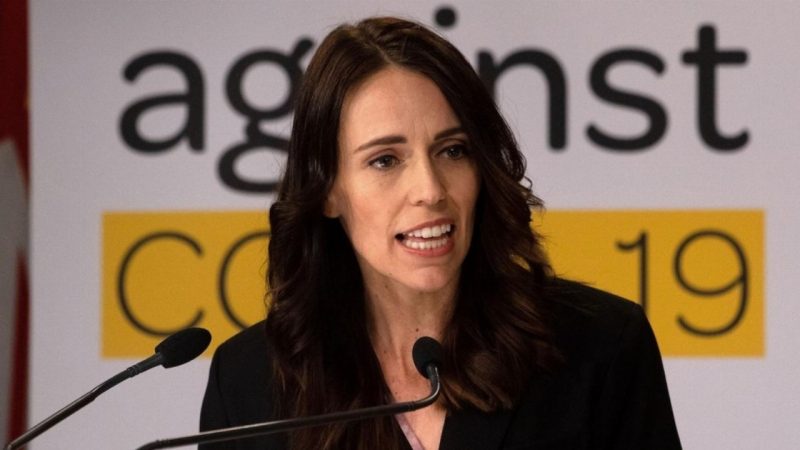- The Chinese city of Jinan has allegedly found the coronavirus on beef and tripe imports from several countries, including New Zealand
- Jinan health authorities have reported the virus that causes COVID-19 was found on the packaging of these products, which also came from Brazil and Bolivia
- The eastern city says around 7500 people who may have had contact with the contaminated products have tested negative for COVID-19
- Nevertheless, New Zealand’s Ministry of Foreign Affairs and Trade says it has not been officially informed of any issues with its frozen meat products from Chinese authorities
- Prime Minister Jacinda Ardern says New Zealand is working to get to the bottom of the Jinan report, but she’s been advised it was not actually New Zealand beef that contained the virus
- The World Health Organisation has consistently maintained that the risk of contracting COVID-19 from frozen products is low
- Nevertheless, China is ramping up testing of frozen foods after frequently detecting the coronavirus on imported products
The Chinese city of Jinan as allegedly found the coronavirus on beef and tripe imports from several countries, including New Zealand.
The eastern city’s health authorities reported on the weekend the virus that causes COVID-19 was found on the packaging of these products. The virus was also found on frozen products from Brazil and Bolivia.
According to Jinan authorities, around 7500 people who may have had contact with the contaminated products have been tested for the virus. So far, all have tested negative for COVID-19.
New Zealand PM: “Not our beef”
New Zealand said it has not yet been officially notified of any issues with its frozen meat products despite the weekend Jinan report.
“New Zealand has not even informed of this officially by the Chinese authorities,” the country’s Ministry of Foreign Affairs and Trade said in a statement.
“New Zealand officials are working now to ascertain the origin and veracity of these reports,” the department said.
Moreover, the country’s Prime Minister, Jacinda Ardern, told state broadcaster TVNZ today that she’d been advised it was not actually New Zealand’s beef that contained the coronavirus.
“We’ve been advised it’s Argentinian beef, so we are just trying to get to the bottom of what’s being reported here,” the PM said.
“But to this point, I’ve been advised it’s not our beef, but we’ll keep working away on that.”
The packages allegedly entered China through ports in Shanghai.
Frozen packages “low risk”, says WHO
A mystery outbreak of COVID-19 in Auckland thrust frozen packages and their ability to spread the infection into the spotlight in August.
At the time, New Zealand had gone more than three months without a locally-spread infection. Then, a man who worked at a cold storage facility tested positive for the virus.
This sparked fresh lockdowns in the country and an investigation into how the virus could have returned to New Zealand shores. The origin of the outbreak is still unknown, but New Zealand health authorities said evidence suggests transmission from frozen products is a “low possibility”.
Supporting this, the World Health Organisation (WHO) has consistently maintained that the risk of contracting the virus from frozen packaging is low.
“There is no evidence that food or the food chain is participating in the transmission of this virus,” WHO head of emergencies program Mike Ryan said in August.
“People should not fear food, or food packaging or processing or delivery of food,” he said.
Nevertheless, China has said it is ramping up testing on frozen foods after frequently detecting the coronavirus on imported products.
China is the world’s largest importer of beef, and Brazil and Argentina are its biggest suppliers.

